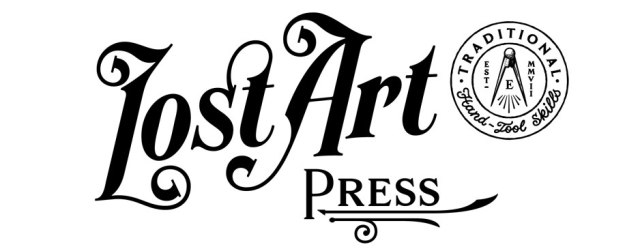 During the summer, tool manufacturers crank up the factories to create new products for the big selling season: September through Christmas. The manufacturers also hold media junkets to ply journalists and bloggers with free travel, meals and tools.
During the summer, tool manufacturers crank up the factories to create new products for the big selling season: September through Christmas. The manufacturers also hold media junkets to ply journalists and bloggers with free travel, meals and tools.
This blog entry is a warning from someone who covered the tool industry for 16 years and was sent (against my better judgment) on a few of these junkets when our tool reviewers couldn’t.
Here’s How it Works
A tool company invites you to a city to see the new products they have planned for a fall release. They pay for your plane ticket, your hotel and usually all your meals. Usually you get a tour of the factory (the best part – I love factory tours). They show you the new tools, you get to play with them and then they send you (for free) the ones you like when they are released.
Some companies are more ethical about it – they loan you the tools and they ask you to pay your way to the press event. Others are less ethical about it – they take you on a beach vacation, pay for family to come and send you home with anything you like from their catalog. One editor brought home a cabinet saw – for himself.
Rather than shaming bloggers, YouTubers and journalists by delving into the details further (one story involves a strip club; another involves an escort service), I’d like to tell you how to protect yourself as a consumer.
Don’t Buy Newly Released Tools
Just like with cars, there is a shakeout period with manufacturing tools. The first ones off the line and into the stores are more likely to have problems, such as manufacturing errors. Or they are likely to suffer a design defect that the designers couldn’t foresee (such as a switch that is prone to dust contamination).
New technology – like new software – is buggy.
I know it’s tempting to want the latest gadget, but you are better off buying the gadget that has been in the stores for a few years and has all its bugs worked out. Plus, you can ignore the social media spooge-fest that occurs when someone puts a laser on a scratch awl.
Check a Blogger’s Disclosure
Believe it or not, bloggers and social media people have to disclose to you if they received an item free or were paid to promote it. The Federal Trade Commission covers this in Title 16 part 255 of the federal regulations of electronic commerce. Read the section here. A plain-spoken guide is here. Lost Art Press’s disclosure is here.
Some bloggers are really transparent and ethical. A good example of this is Paul Sellers, probably the hand tool woodworker with the most eyeballs. His disclaimer is linked to right from his home page and is completely clear. Bravo Mr. Sellers.
Other writers are ignorant or simply ignore the law. If someone doesn’t have a disclaimer or disclosure statement, I assume they are taking free stuff.
I know there are some of you who don’t believe that giving people free tools affects what a person writes. This post is not for you. For the rest of us, I advise being a little more wary of what you see on Instagram, blogs, Facebook, YouTube and Twitter during the coming months. You might just end up a part of someone’s brilliant marketing plan.
— Christopher Schwarz, christophermschwarz.com